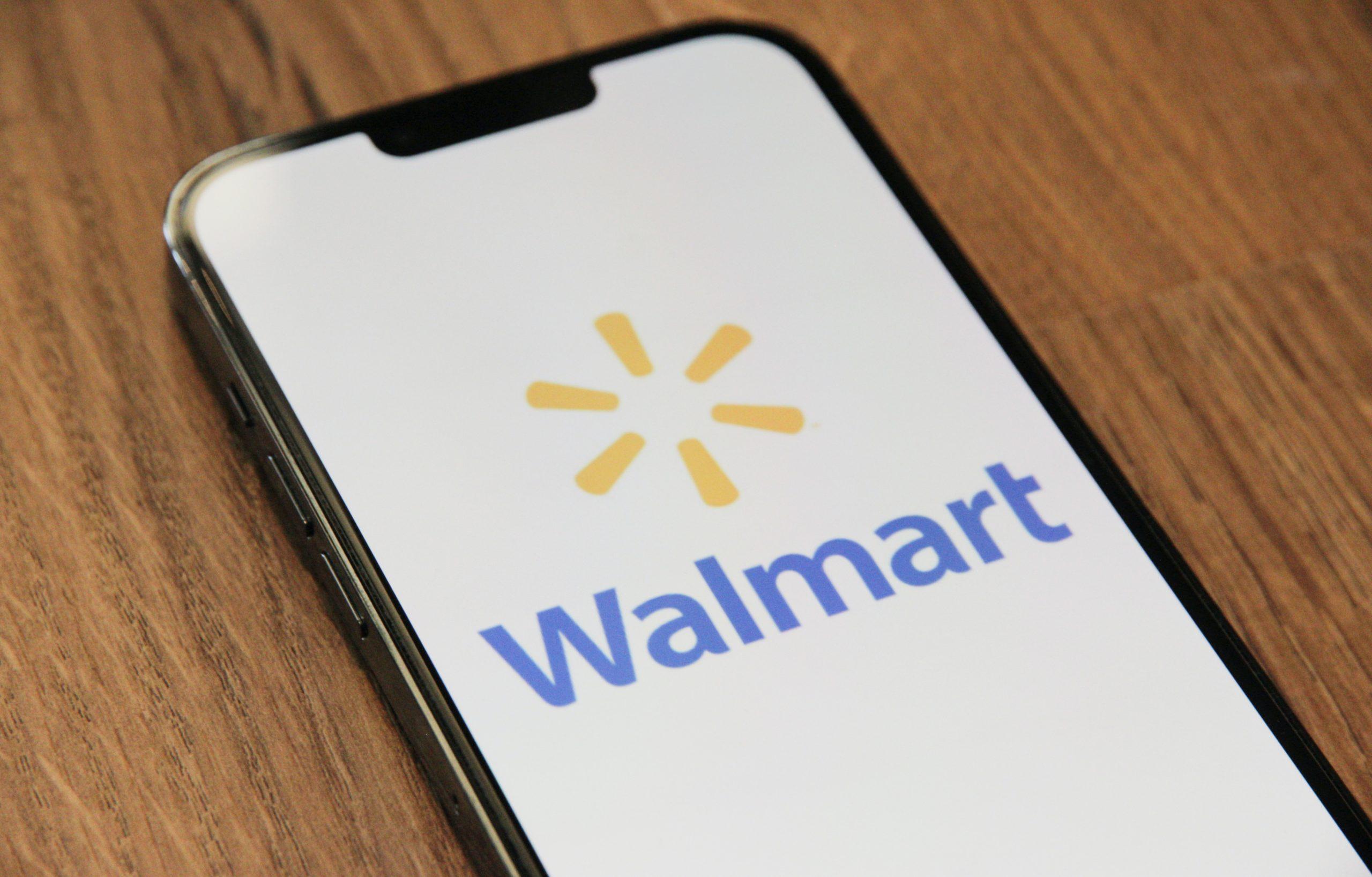

Retail giant Walmart is betting big on financial services. With products including the Walmart Credit Card and Walmart Money Card, as well as Walmart financial services like cheque cashing, money transfers and instalment financing, the world’s largest company by revenue is increasingly looking to benefit from innovation in embedded finance.
Walmart offers customers access to a range of banking services that are well suited to people on lower incomes due to the ability to quickly make free cash deposits at Walmart stores and access funds from pay checks two days before payday.
These product innovations have been made possible through a partnership with financial technology firm Green Dot. By offering a comprehensive digital banking platform, Green Dot are able to provide similar services to a conventional bank account, as well as supporting Walmart customers who want to bank at one of 4,500-plus locations or Green Dot’s 90,000 retail distribution locations across the US.
In recent years, Walmart have regularly introduced new services for their customers and employees through embedded finance. Last year the retailer partnered with Green Dot and payment Fintech PayNearMe to enable the frictionless payment of bills in cash at Walmart stores.
While making cash payments for bills has long been possible at Walmart, it used to require account and biller information, with the new service only requiring a code to be scanned.
Challenge to conventional banking?
The growing popularity of embedded finance solutions is attracting customers away from many traditional financial institutions which have been slow to bring innovative products to their customers.
In a recent letter to shareholders, J.P. Morgan CEO Jamie Dimon set out the threats facing the banking sector and directly mentioned the initiatives made by Walmart to offer customers banking-style services.
“The growing competition to banks from each other, shadow banks, FinTechs and large technology companies is intensifying and clearly contributing to the diminishing role of banks and public companies in the United States and the global financial system,” Dimon wrote in the letter.
Thanks to the ability of embedded finance to enable virtually all companies to introduce banking services to their customers, and in the process embrace innovative technologies to eliminate data silos and offer an improved customer experience, the dominant position of banks is shifting.
Shifting ecosystem
Walmart is far from the only retailer which is looking to embrace embedded finance. A new study from BaaS solutions provider Vodeno found that 56% of retailers are expected to launch new embedded finance offerings this year, illustrating the growing interest from retailers in this space. The same study showed that 65% of retail firms said they had seen more of their competitors offer embedded finance solutions last year.
IKEA is another high-profile example of a retailer getting into the embedded finance space, after the Swedish firm bought a 49% stake in UK-retail finance firm Ikano Bank. It’s expected that IKEA will soon launch a financial services offering in-store and online, following in the footsteps of Amazon, Walmart and eBay.
The next edition of FTT Embedded Finance & Super Apps will take place virtually on 21st September 2022 (North America) and live as part of the Fintech Talents Festival on 14th and 15th November 2022 at The Brewery, London. Save the dates!
Written by Finbarr Toesland, Editorial Contributor.











